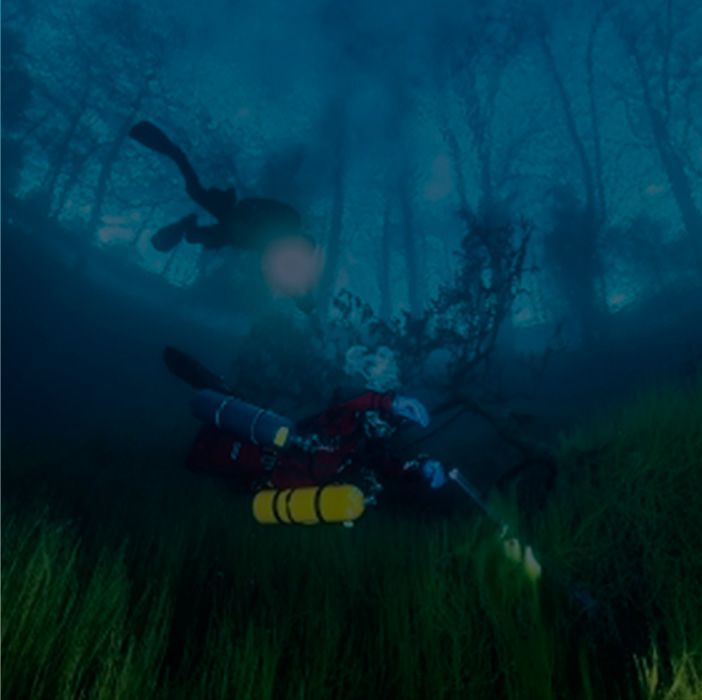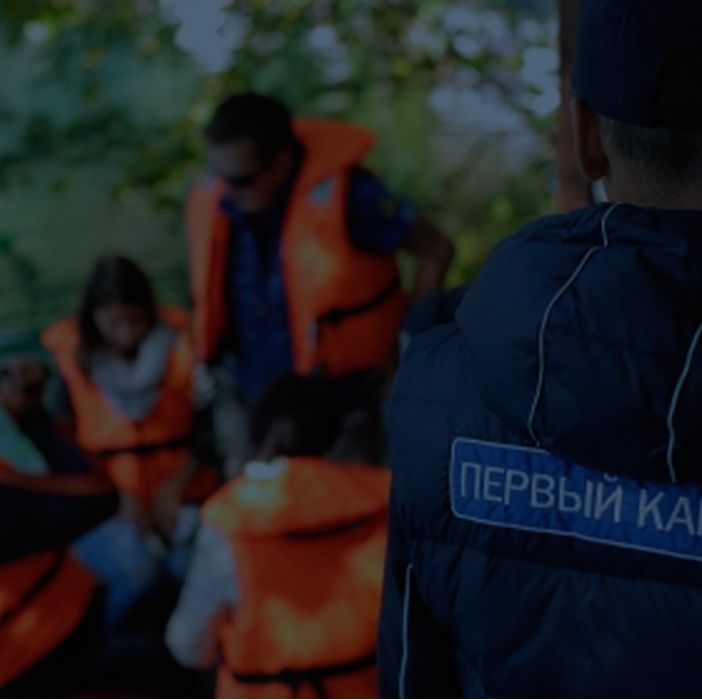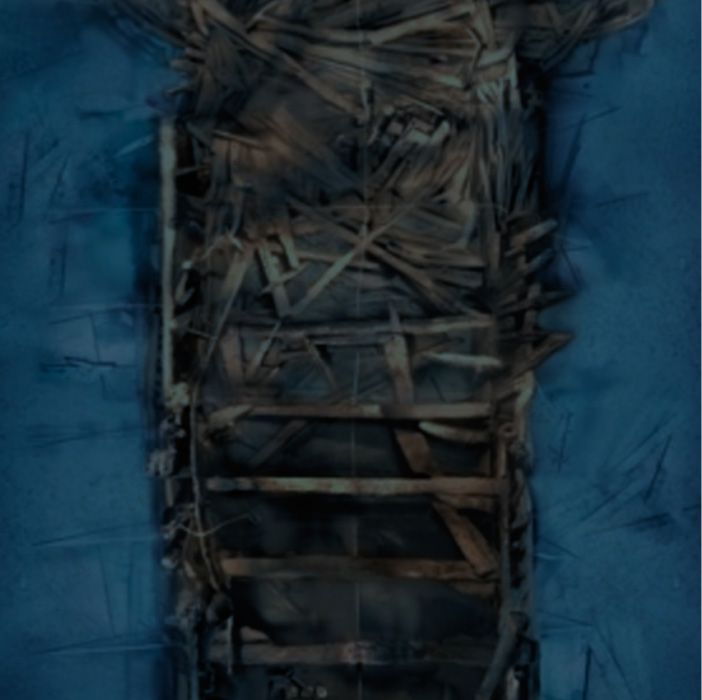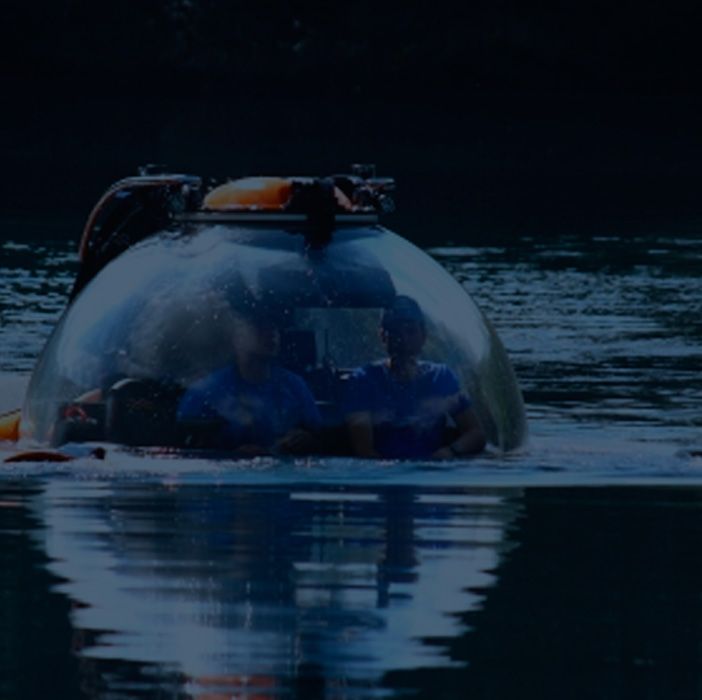- Main
- About URC RGS
- Our Missions
Our Missions

Unique natural objects of Russia need to be preserved in their original form. We can’t protect these objects from natural deterioration but we consider it our social duty to protect them from the human impact. Each expedition is a unique opportunity to discover something new about our planet and the mysterious world of Nature. At the same time, it is always a challenge for scientists, health professionals and new technology developers. We are focusing on multiple aspects in our work: the doctors monitor and study the impact on the health of divers working in different conditions and at different underwater depths; historians, archaeologists, geologists and ecologists analyze scientific data, collected underwater; divers and technicians are testing the domestically developed technologies in work.

Since 1845 the main goal of the Russian Geographical Society has been to expand the knowledge on the history and geology of Russia. By collecting new data, We are expanding the national cultural and historical heritage knowledge reserves. Based on the results obtained following our expeditions We are organizing scientific conferences; publishing unique books, curricular articles and study materials. It is of great importance to us that from very young age children would recognize the value and be proud of their country’s heritage. We are actively involved in educational programs for teenagers. Since 2017 URC, RGS is pursuing an educational project at the premises of the National Child Center “Orlyonok”.

Water can preserve for generations something that air and soil would perish forever. Over 70% of our planet is covered by water and the world’s civilization history is inseparably connected with it. The seabed is holding all memories of the past, preserving the remains of a myriad of ships. Every artefact, even if it may seem insignificant, can potentially change our historical knowledge. It is a true art to be able to preserve objects and artefacts recovered from the ocean. Until this day, there is no clear guidance on preservation and conservation of such objects and every time it’s an endeavor. To be able to exchange best practices and for experimenting, the Russian Academic Community requires a testing site, henceforth We are positive that the creation of a Center of underwater archaeology would drive national science forward and enrich national museums with new exhibits. We are creating this center in Peter’s Dock in Kronstadt, which will house laboratories, conservation workshops, educational classrooms and one-of-a-kind underwater museum.

Our specialists are actively collaborating with various Russian manufacturing companies of scuba diving equipment and technology. New devices and gear are regularly tested during the scientific-research and archaeological expeditions. Underwater works are predominantly limited by the length of time that a diver can spend underwater and the maximum depth that he is able to work at. Very often, the researched objects are located far beyond these limits. That is why it became a very important and challenging task for us to develop manned submersibles and ROV’s for these purposes. Presently, we are working together with a group of experts on the project that could become the first Russian manned submersible, with an acrylic habituated compartment. The National submersible is set to leave behind any foreign counterparts and offer greater work capabilities.






